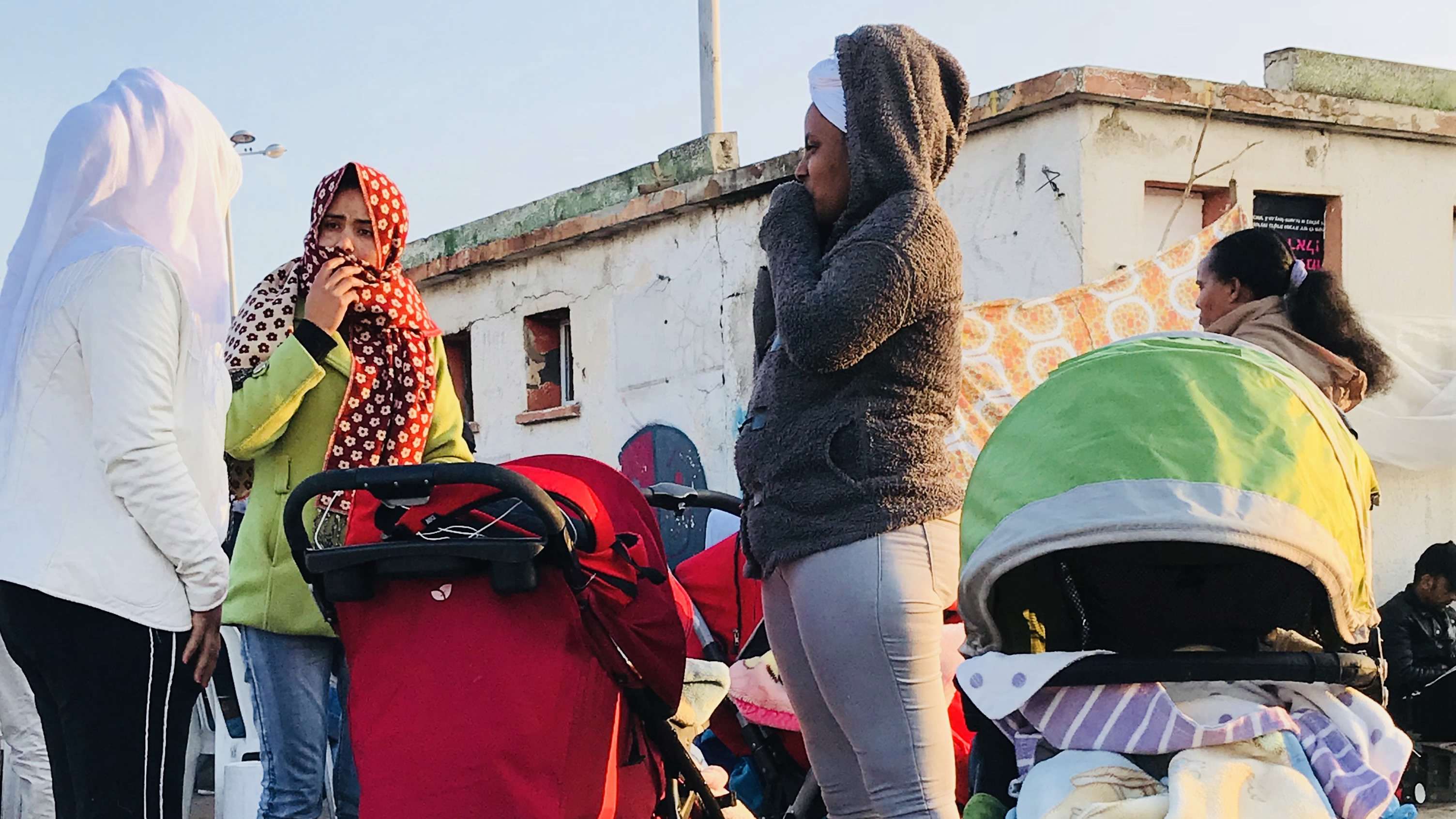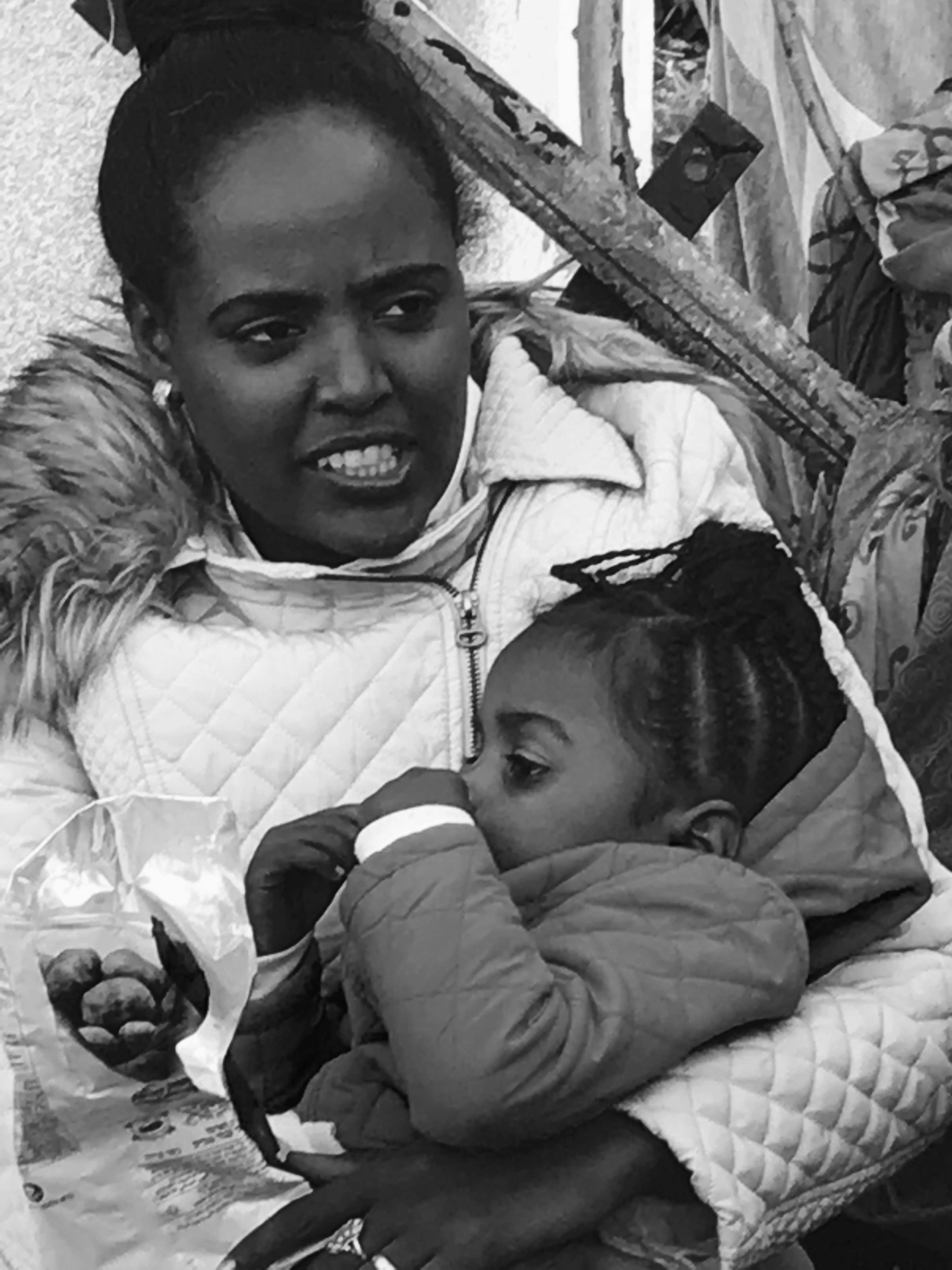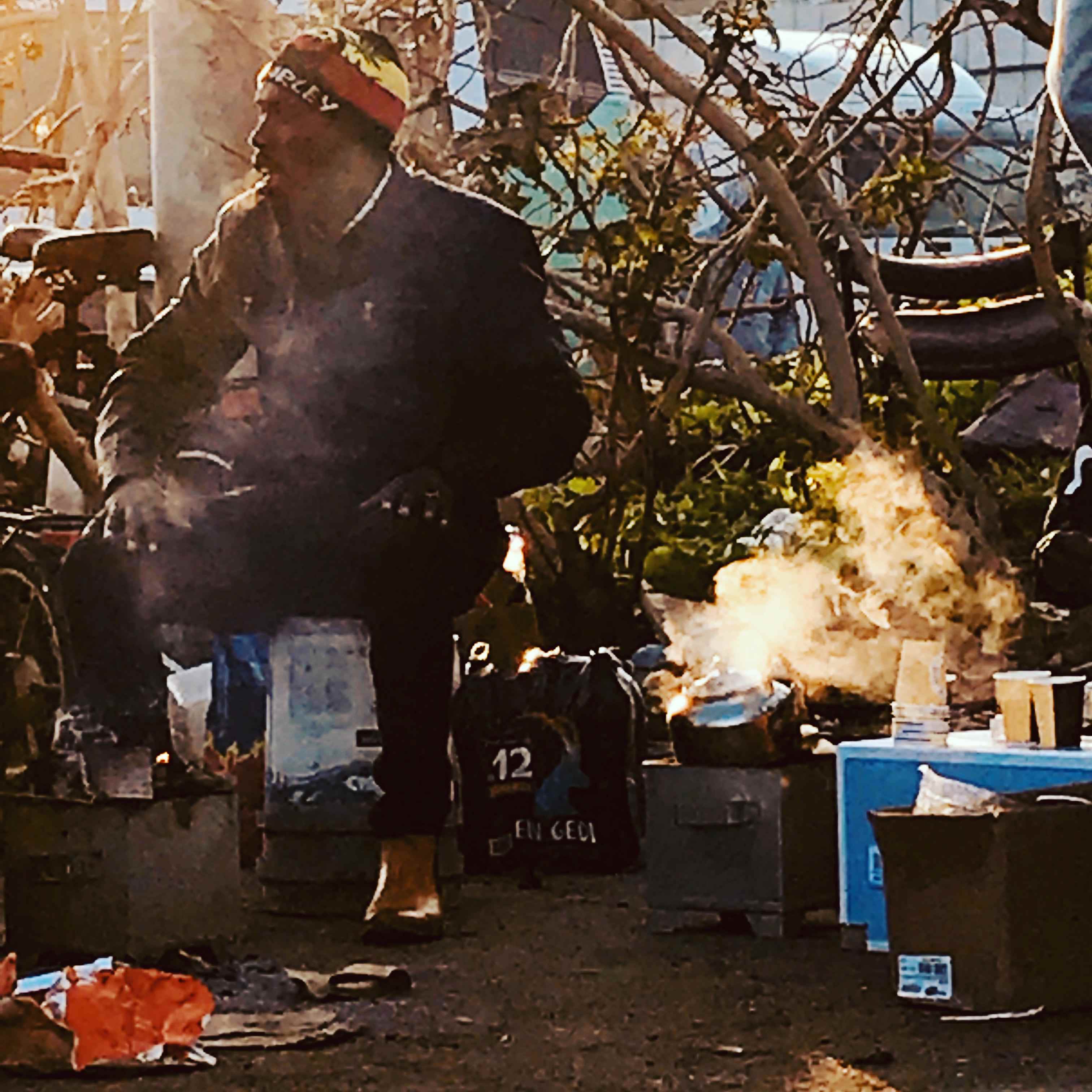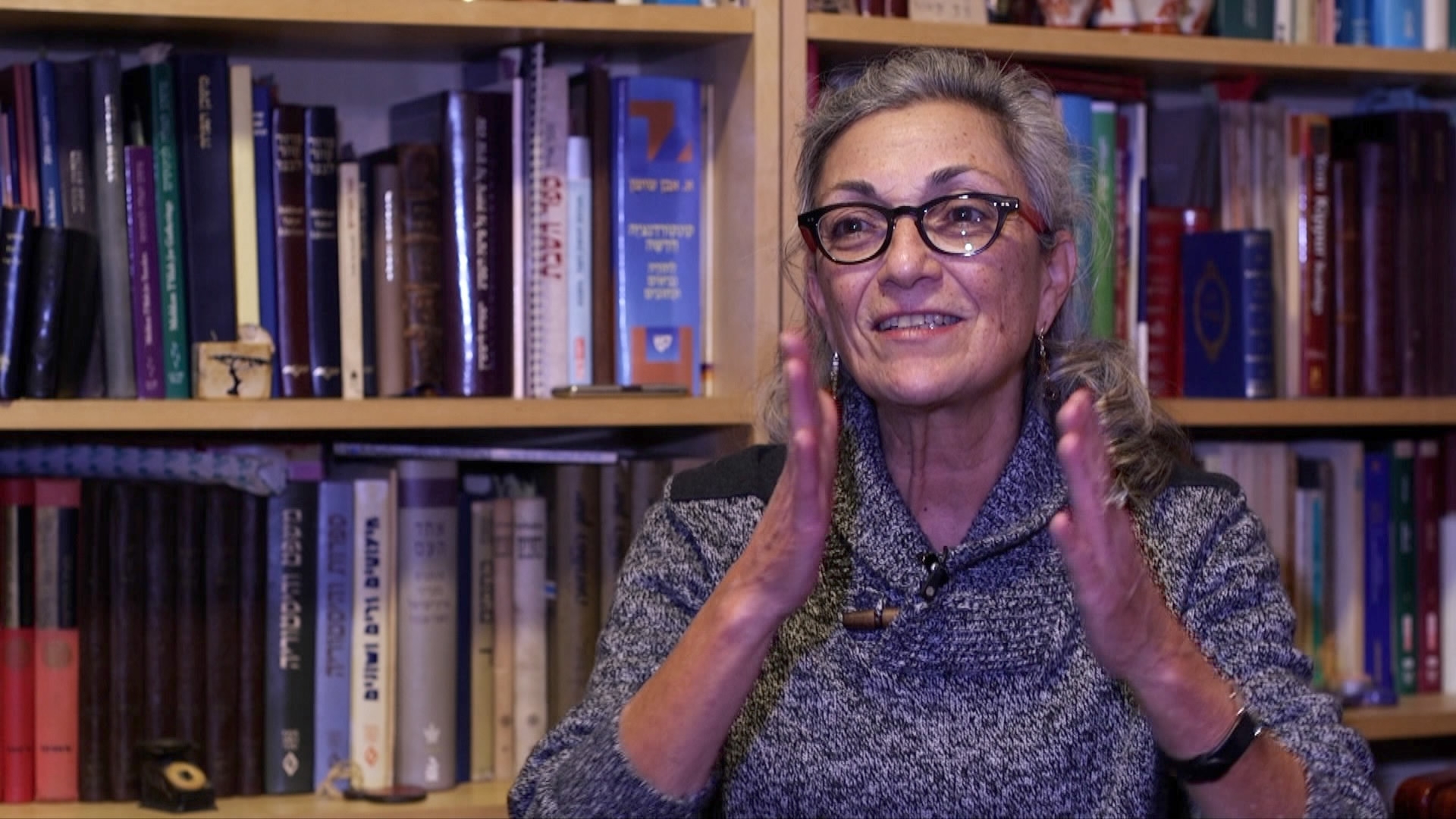
Politics
20:42, 02-Feb-2018
Israelis threaten to defy plan to deport African asylum seekers
By Stephanie Freid

When Israel’s government announced plans to deport or jail tens of thousands of African asylum seekers living in the country, collective campaigns to safeguard the mostly Sudanese and Eritreans against forced relocation kicked off throughout Israel and beyond.
Citing moral obligations toward a population facing death or imprisonment if they go back to their countries of origin, a group of rabbis urged citizens to hide Eritreans and Sudanese from immigration authority officers. College students disseminated pamphlets about the government policy on campuses countrywide and also pledged to hide Africans in their homes.
A group of pilots for Israel’s national carrier ElAl say they will refuse to navigate flights with deportees onboard and Holocaust survivors, recalling Nazi search and deportation missions aimed at moving Jews to concentration and death camps during WWII, also condemned the government policy.

Eritreans waiting outside Israel's immigration authority at 6 a.m. to apply for asylum. /CGTN Photo
Eritreans waiting outside Israel's immigration authority at 6 a.m. to apply for asylum. /CGTN Photo
Deportation Policy: The details
Israel’s government reportedly reached deal with Rwanda and Uganda to absorb thousands of Eritrean and Sudanese asylum seekers. In the coming months, single male Eritreans will be given an option: go to Rwanda or go to jail.
A spokesperson for the UNHCR , the UN refugee agency,says the ultimatum amounts to forced relocation.
Most of the 38,000 asylum and refugee seekers in Israel came to the country nearly a decade ago after escaping forced conscription and war at home.
Israel’s government refutes refugee and asylum status claims, saying most Sudanese and Eritreans are job seeking migrants. Israel has only granted asylum and refugee status to 12 of the tens of thousands of Africans who have applied. By comparison, the rate of Sudanese and Eritreans receiving asylum and refugee status in Europe is about 90 percent.

The Eritreans are trying to secure asylum or refugee status before deportation orders go out. /CGTN Photo
The Eritreans are trying to secure asylum or refugee status before deportation orders go out. /CGTN Photo
Eritreans on Rwanda: "Don't go!"
In 2016 Israel’s government activated a first wave of forced relocations. Reports came back from Eritreans who opted for Rwanda of robbery, abuse, being confined to a makeshift prison and not receiving the financial benefits or support Israel promised.
“It was all lies,” Hagos, an Eritrean now living in the Netherlands as a refugee told CGTN. “There was no one to help us or explain what we should do…When we got there we were on our own…We were abused by both Rwanda and Israel.”
Hagos escaped Rwanda and spent a year trying to get to Europe.

“We are a nation of asylum seekers. It’s in our DNA. We cannot behave like this,” Rabbi Nava Hefetz said in Jerusalem. / CGTN Photo
“We are a nation of asylum seekers. It’s in our DNA. We cannot behave like this,” Rabbi Nava Hefetz said in Jerusalem. / CGTN Photo
The activists' aim
The activists, rabbis, Holocaust survivors and pilots speaking out against deportation hope their collective voice will influence the government into changing policy.
Eritrean asylum seekers, meanwhile, are queuing en masse outside Israel’s immigration authority trying to secure asylum or refugee status before deportation orders go out.

SITEMAP
Copyright © 2018 CGTN. Beijing ICP prepared NO.16065310-3
Copyright © 2018 CGTN. Beijing ICP prepared NO.16065310-3